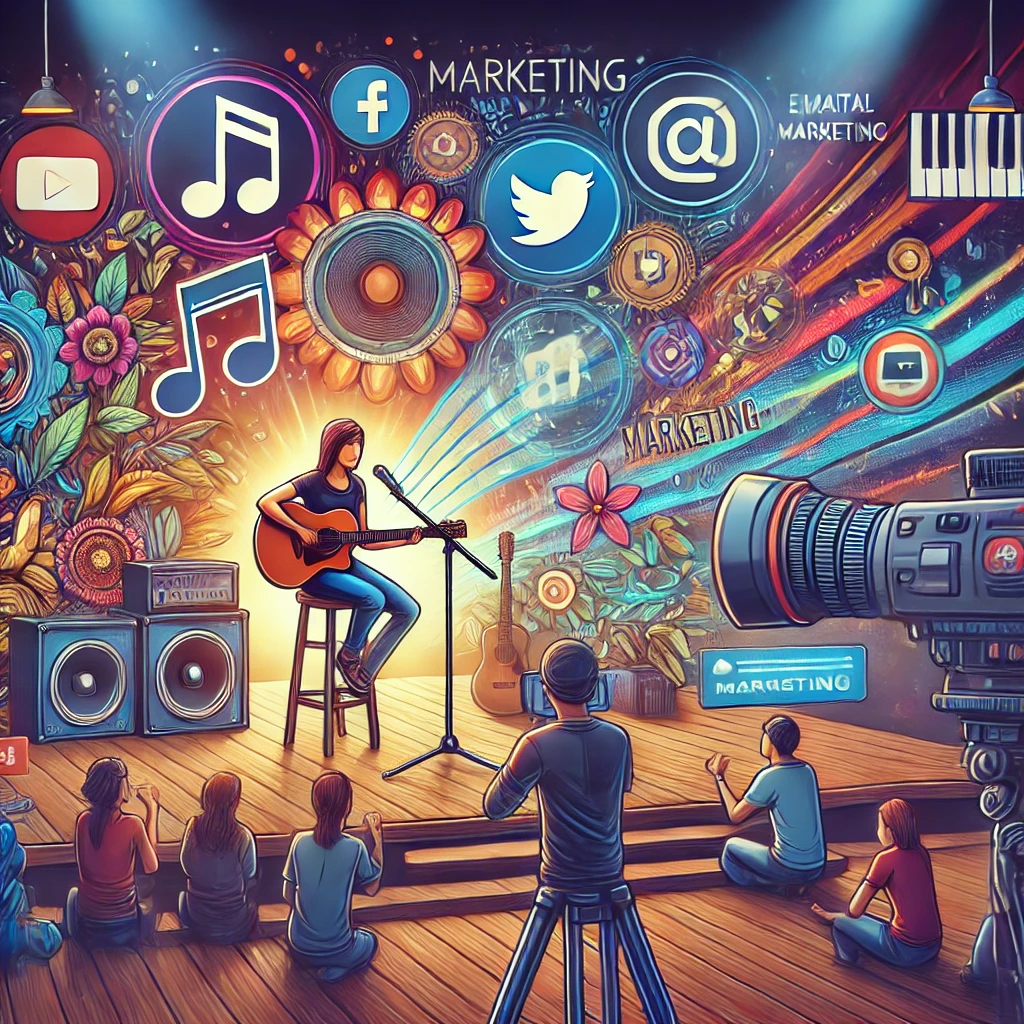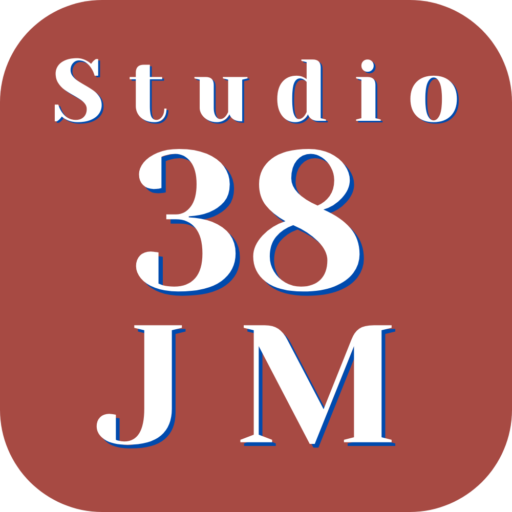
Have you ever thought about how your music could do more than just entertain? It can also be a powerful tool to promote your brand, business, or even other creative projects. Whether you’re an artist, a small business owner, or just someone with a passion for music, using your songs as part of your marketing strategy can help you stand out and connect with your audience. Let’s explore how to do it with some simple strategies and real-life examples.
1. Tell Your Story
People love stories. Your music is a reflection of your journey, beliefs, and experiences. Share the story behind your songs. For example, if you’ve written a song about overcoming challenges, explain the personal experience that inspired it. Pair this with a blog post, a social media caption, or even a short video. This makes your audience feel closer to you and more connected to your music.
Example: Taylor Swift often shares the backstories of her songs, and her fans love it. You can do the same, even on a smaller scale.
2. Make Music for Your Brand
If you run a business or have a personal brand, create a song that represents what you stand for. This could be a catchy jingle, a theme song, or even background music for your content. Music makes your brand more memorable and gives it a unique identity.
Example: Think of McDonald’s jingle, “I’m Lovin’ It.” It’s short, simple, and sticks in your mind. Your music doesn’t have to be that polished—even a homemade tune can have an impact.
3. Use Music in Your Videos
Videos are a powerful way to market anything these days. If you’re already creating videos for YouTube, Instagram, or TikTok, use your music as the soundtrack. This way, you’re promoting your work while entertaining your audience.
Example: A fitness coach might use their upbeat song as background music for workout tutorials, inspiring viewers to associate the song with energy and motivation.
4. Collaborate with Others
Collaboration is a great way to expand your audience. Work with other creators, businesses, or influencers. Offer to let them use your music in their projects in exchange for credit. This exposes your music to new people who might not have found you otherwise.
Example: If you’re a singer, team up with a filmmaker who needs a soundtrack. Or, if you run a music studio, let local businesses use your instrumentals for free in their ads—with your name mentioned, of course.
5. Host Events and Performances
Live events are a chance to showcase your music while building a deeper connection with your audience. These don’t have to be huge concerts; they can be small community events, online live streams, or even performances at local cafes or fairs. Share the event highlights on social media to keep the buzz going.
Example: A local bakery might host a small event and feature your music as part of the ambiance. You get exposure, and they get a unique experience for their customers.
6. Give Away Free Downloads
Everyone loves freebies! Offering a free download of one of your songs is a great way to attract attention. Use it as an incentive for people to sign up for your newsletter, follow you on social media, or check out your website.
Example: On your website, you could say, “Sign up for my newsletter and get a free download of my latest single!”
7. Create Tutorials and Behind-the-Scenes Content
Show your audience how you create your music. Whether it’s a quick lesson on playing a melody or a peek into your recording process, this kind of content is not only fun but also builds trust and loyalty.
Example: Share a video of you composing a song step-by-step. Fans and aspiring musicians alike will find it fascinating.
Final Thoughts
Using your music as a marketing tool doesn’t mean you’re selling out. Instead, it’s about sharing your talent in ways that help you grow your audience and achieve your goals. Start small, experiment with these strategies, and most importantly, stay true to your unique sound and vision. Who knows? Your next song might not only be a hit but also the key to your success!
